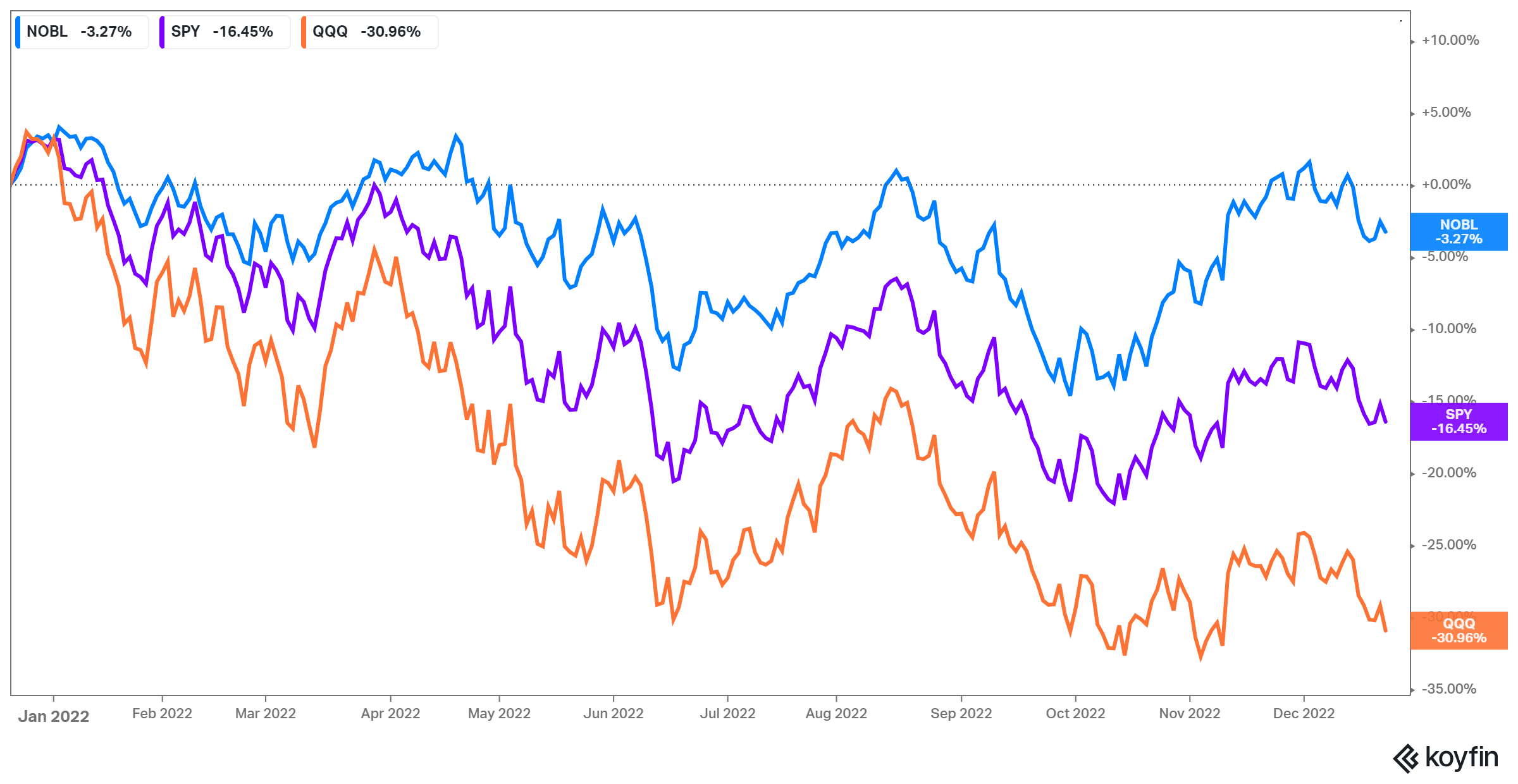In a market, some trades will end up producing some “waste.” As in all other areas of life, when individuals look back at their decisions in the market, they often find that they have made some mistakes. One important question is – what incentive do they have to try to avoid such mistakes in the future?
In a free market, if I make a bad trade (I have buyer’s remorse after the fact), I bear the costs of this “bad” decision. I have given up something else I could have done rather than make the trade; the cost is borne by myself. The “loss” I incur has a function here: it incentivizes me to avoid making such bad trades in the future. I incorporate my losses into my future decision making.
The same holds true in production. In a market economy, we don’t know beforehand what the economy will produce. If we did, allowing producers to compete with each other would be pointless. Through the interaction of (a) sellers producing what they believe consumers will want and (b) consumers determining what they value in the market, the state of the economy is continuously reproduced through time.
Given the inherent uncertainty of our world, producers will often be mistaken in their evaluation of what consumers’ wants and needs will be. The result of such mistakes is leftover product on which they must take a loss. If the firm does not incorporate such losses into future decision making, it may continue to make losses, eventually reaching an untenable financial situation.
In other words, if producers are forced to bear the costs of their own mistaken choices, such losses have a purpose in a market economy. They tell the firm that what it is producing is not of sufficient value to undergo the costs of its production. Thus, “waste” from mistaken production decisions is part of a critical feedback loop in market economies. If producers were protected from bearing the costs of such waste, we would expect more of it to occur.
In making this point, I am reminded of a scene from the TV show The Office. Michael Scott, upon being abandoned in downtown Scranton, PA without his wallet, stops by a hotdog stand to bargain for something to eat. The manager of the stand will not allow Scott to buy now, pay later or to offer his watch for a hot dog in lieu of cash. Exasperated, Scott asks “What do you do with the hot dogs you don’t sell at the end of the day?” To which the Manager replies, “We throw them away.” Scott retorts, “why don’t you just throw one of them away right now, in my mouth?” Eventually, Scott leaves the stand empty-handed.
A viewer can sympathize with his plea. If some of the hot dogs are going to be thrown away, why not just give one to Scott now? Throwing away hot dogs at the end of the day is wasteful. However, as discussed before, the hot dog maker must bear the cost of any hot dogs he throws away at the end of the day. Therefore, he doesn’t give a hotdog to Scott because he hopes that there are no hotdogs leftover at the end of the day. If there are, it means that he has made an incorrect guess as to how many people in downtown Scranton would want to buy hotdogs that day (at the prices he was willing to sell them at). If he had made a better guess, he could have lowered his costs by preparing only the number of hotdogs that were demanded. The point is that the hotdog maker has an incentive to avoid losses – to avoid wasting hotdogs at the end of the day. Like other producers, he will not always be successful in doing so because he is a fallible human agent making decisions in a world of uncertainty. Nonetheless, the market economy has a built-in enforcement mechanism – losses – that help to minimize the amount of waste that occurs.
Another note is that when the hotdog maker does have waste at the end of the day, it is also a waste to society because he competed resources away from other, potentially more efficient, uses. Crucially though, he bears the cost personally as well in the form of costs he could have saved/profits he could have made. Without the punishment inflicted by that loss, there would be no incentive to stop wasting resources, which would continue to hurt society, but not the hotdog maker himself.
There will always be some waste in production, as the market is a reflection of the imperfect human decision makers that create it and the uncertainty of the world in which we live. We should keep this in mind when reading reports about the waste generated by capitalism. When waste occurs, we should be on guard for any way that firms are being protected from the losses that wasteful decisions are generating. If losses are socialized, we can expect a lot more of them. Unsocialized losses present opportunities for entrepreneurs who can use resources more efficiently. We should also look out for any rules or regulations – like confusing labeling requirements (mostly at the state-level in the U.S.) – that might unnecessarily increase food waste by sending distorted signals to consumers.
Giorgio Castiglia is the Program Manager for the Project on Competition at the Mercatus Center, and a PhD student in economics at George Mason University.
















